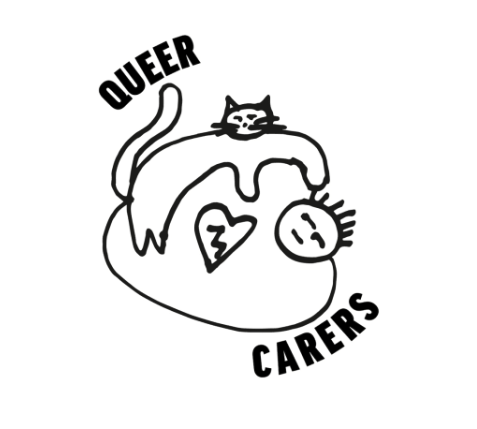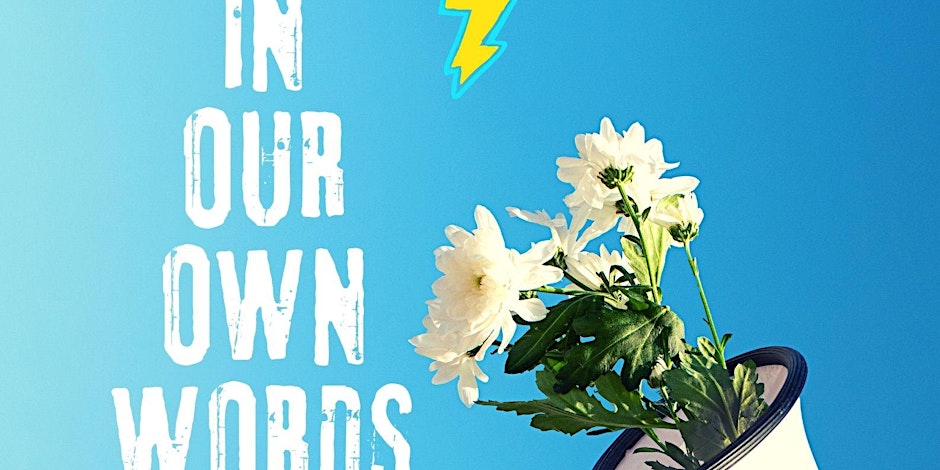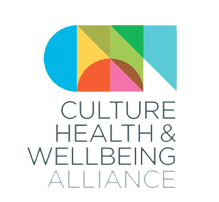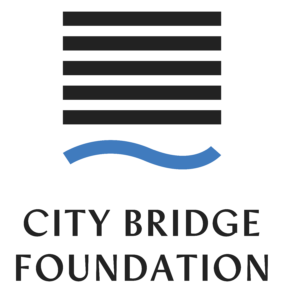From our friends at QueerCircle a new programme of monthly events and online support forums…

Navigating Ambiguity and Boundaries: The experiences of arts, health and wellbeing facilitators working with individuals with challenging conditions or situations
Creative engagement offers many possibilities to support people living with health, psychological, or social challenges. For the artists who facilitate these arts, health and wellbeing (AHW) programmes, the work can be inspiring and rewarding. But it can also be emotionally demanding and challenge the boundaries of creative expression, caring, and their own capacities. This thesis examines how AHW facilitators manage the potential benefits and challenges of working with individuals living with challenging conditions or situations. Based on participatory qualitative research conducted in England through an online discussion group, focus groups, in-depth interviews, and research partner collaboration in 2020-21, it draws on the stories and reflections of 43 facilitators working across art forms and with a wide range of conditions, ranging from chronic illnesses and disabilities to dementia and terminal diagnoses. The study was guided by theories of emotional labour, role ambiguity, and boundary spanning. The study found that facilitators vary in their approaches and capacity to manage the benefits and challenges of working with people living with challenging conditions or situations. Facilitators juggle tasks and responsibilities that integrate knowledge and skills from across multiple disciplines. They are dedicated and conscientious, describing a high level of responsibility in their work and concern for their participants’ welfare and outcomes. However, the demanding nature of the work and the physical and interdisciplinary context in which they perform it can be taxing and sometimes risky. Practitioners speak frequently of the emotional aspects of what they do and the challenges that arise related to managing medical and psychological crises, behavioural issues, and disclosures of abuse and trauma. AHW practice is inherently a boundary-crossing activity that is generative and rewarding. Working with individuals living with challenging health and social conditions adds complexity as facilitators adapt creative activities and respond to manifestations of those conditions. Ambiguity and uncertainty about their role, responsibilities, and practice choices often arise when crossing these disciplinary boundaries to meet complex needs.







